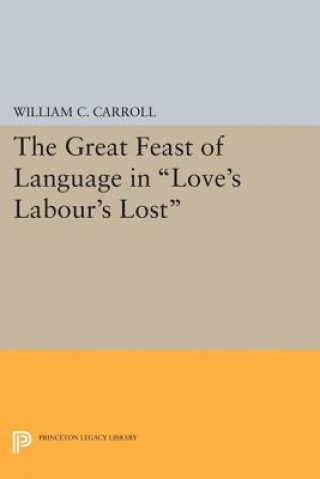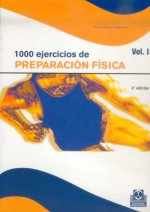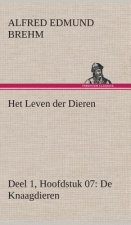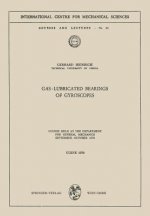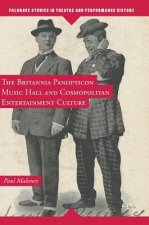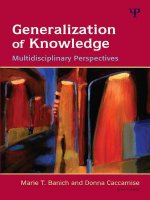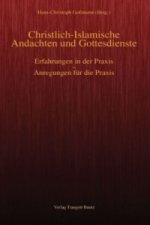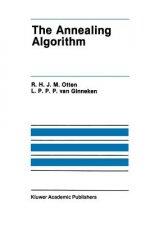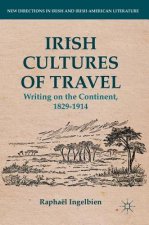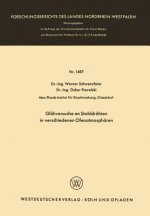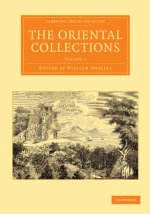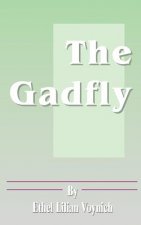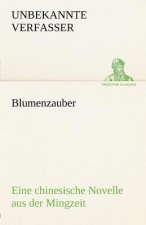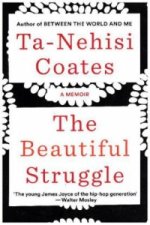
Delivery
Shopping guide





Doesn't suit? No problem! You can return within 30 days
 Gift voucher
any value
Gift voucher
any value
You won't go wrong with a gift voucher. The gift recipient can choose anything from our offer.
Great Feast of Language in Love's Labour's Lost
 English
English
 149 b
149 b
30-day return policy
You might also be interested in


This book contends that in Love's Labour's Lost Shakespeare sought to discover the ways in which the imagination uses and abuses language. The author's critical reading shows that the characters are endowed with a wide variety of rhetorical disguises. Each assumes that his verbal and social point of view is correct, and the limitations and virtues of each viewpoint are explored as the drama unfolds. In an elegant examination of theme and style, Professor Carroll heightens the reader's awareness of Shakespeare's marvellously inventive use of language. The author analyzes the different kinds of style, the characters' attitudes toward language, the play's theatrical modes, the frequent metamorphoses, and the debates. The term "debate"-justified by Shakespeare's use of the medieval conflictus-relates to both theme and structure. The author finds that the conflicting theories about the proper relation of language and imagination are resolved stylistically and thematically only in the final Debate between Spring and Winter, where the playwright reasserts the nature and value of good art. Originally published in 1976. The Princeton Legacy Library uses the latest print-on-demand technology to again make available previously out-of-print books from the distinguished backlist of Princeton University Press. These paperback editions preserve the original texts of these important books while presenting them in durable paperback editions. The goal of the Princeton Legacy Library is to vastly increase access to the rich scholarly heritage found in the thousands of books published by Princeton University Press since its founding in 1905.
About the book
 English
English




 How to shop
How to shop















